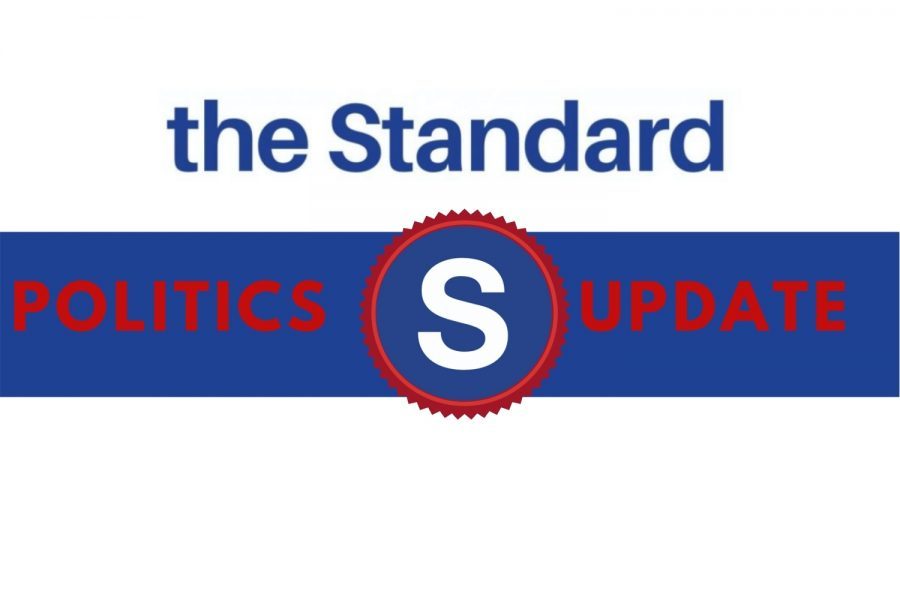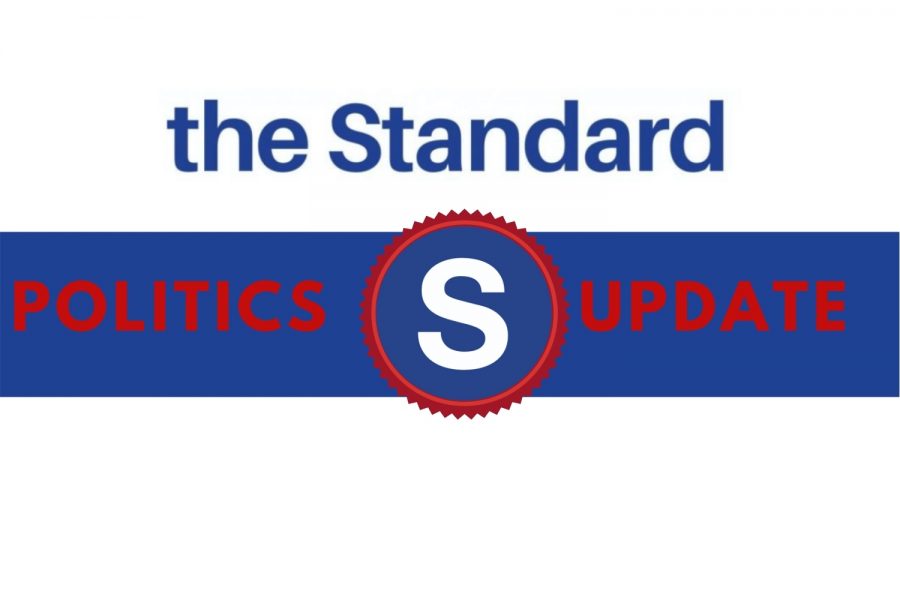Biden boosts uncertainty
Eager to race ahead of science, President Joe Biden announced Aug. 18 a campaign to offer booster Pfizer vaccines to millions of Americans, long before the requirement for herd immunity has even been met by unvaccinated citizens.
Yet, after one month of confusion and uncertainty, Americans are left wondering who can get their third COVID-19 vaccine.
The announcement was the culmination of weeks of debate within the administration about whether vaccine efficacy was waning enough to start rolling out booster shots of the vaccine.
After endorsement from the Centers for Disease Control and Prevention Director Rochelle Walensky Sep. 24, those aged 65 and older are eligible for the booster shot. Additionally, adults who are health workers or have underlying health conditions can also get their third dose.
Subsequent to the announcement of this plan, two leading FDA scientists have expressed their intention to retire in protest, stating that it is far too early to tell if vaccine immunity is waning enough to where the U.S. will have to draw from their limited reserves of vaccines. This back-and-forth between scientists and officials has left the public confused on whether they can and should get their booster shots.
This counterproductive conundrum has drawn the U.S.’s attention away from the real problem at hand: getting everyone their first jabs. This booster campaign is severely undercutting Biden’s pledge of vaccinating 70% of the world by next year, especially in places without proper medical infrastructure where they need it most.
The booster program has also shed light on the need for Biden to appoint an FDA commissioner. The administration’s misfire leaves little confidence in its ability to navigate a coming roster of crucial decisions.
A permanent commissioner could considerably influence the public’s trust in the FDA, making the seemingly impossible task of vaccinating America more simple. It is vital that the agency, already understaffed and underfunded, is more transparent with the reasoning of their decisions. Only then can the American people can truly have faith in the FDA.
AUKUS agreement leaves Macron perplexed
On Sept. 15, the U.S., the U.K. and Australia agreed on a defense pact to counter China’s rising military aims in the Indo-Pacific region. The deal aims to boost the supply of nuclear-powered submarines in Australia by sending U.K. and U.S. strategic teams, per CNN.
However, the sudden announcement of the coalition sparked fury among the French government. The pact means that the Australian government has to cancel the $36 billion contract to build diesel-powered submarines with French manufacturers, undermining French president Emanuel Macron’s role in the Indo-Pacific region.
French Foreign Minister Jean-Yves Le Drian described the alliance as a “real stab in the back from Australia.”
However, some say that Macron’s humiliation is illegitimate. For example, The Times references Macron’s antagonistic stance towards the U.K. during Brexit negotiations and his complaints about NATO, claiming the alliance to be “brain-dead.”
On the other hand, many believe that France’s anger is, in fact, legitimate. The cancellation of France’s submarine deal harmed the economic progress of the state-owned naval group.
Furthermore, it is diplomatically essential to recognize the implications that excluding France from the coalition could have on relations between the U.K. and France as two leading military powers in Europe, along with the bilateral relations with Australia and the U.S.
Unlike other spectators in the EU, France is a “resident power” in the Indo-pacific region, so its exclusion from the coalition should not be taken so lightly.
As for Macron, the stakes are high. As the president faces current attacks regarding his foreign policy, re-election next year feels just around the corner.
Nonetheless, Antoine Bondaz, writer for Politico, claims that overreacting to the deal could be just as harmful, if not more. Wasting time and energy on undiplomatic statements through social media is counterproductive and can reduce France’s credibility in future relations.
Therefore, while France’s anger toward the deal is valid, Macron must “swallow his pride” and continue to work for Aukus if he wants France to expand its defense and security role in the Indo-Pacific region.
SPD’s intention to form coalition leaves power struggle in Germany
After around 16 years in office, Angela Merkel steps down as German chancellor. Instead, Germany’s center-left social democrats (SPD) won the majority vote, per the Guardian.
The SPD leader Olaf Scholz and his conservative rival Christian Democratic Union (CDU) leader Armin Laschet have governed against one another for several years. While Scholz wishes to form a government, Lashet wishes to carry on fighting.
Sholz believes that Germany needs a new coalition with both the Greens and the SPD. Election results show that the Greens and pro-business Free Democratic party both attracted the highest numbers from those aged 30 and under, with the campaigns’ focus on climate change.
Regardless of the SPD’s win, Merkel is going nowhere until the coalition is officially formed, which is predicted to happen not before Christmas of this year. However, the parties’ aim is to have the intended coalition in place by the time Germany will take leadership of the G7 group of nations in January, per the BBC.
Looking ahead, the next chancellor will have to lead Europe’s economy while simultaneously prioritizing climate change.
On Monday of this week, Scholz claimed that it was time for the CDP to retreat and said, “the people in Germany want the Christian Democratic Union in opposition. This is their result now, what they decided during the election.”
In response, Lashet argues that getting an “arithmetic majority” should not matter as much if it’s about forging a coalition. He continues to say that no party emerged from the election with a clear vision for the future and a mandate of forming a government.
Therefore, while the SPD did win the majority vote, questions regarding the soon-to-be coalition and thus the presence of the CDP in the government regardless of election results arise. For the next few months, we can predict a vicious power struggle in Germany as the nation unravels what the government will look like for the next four years.









